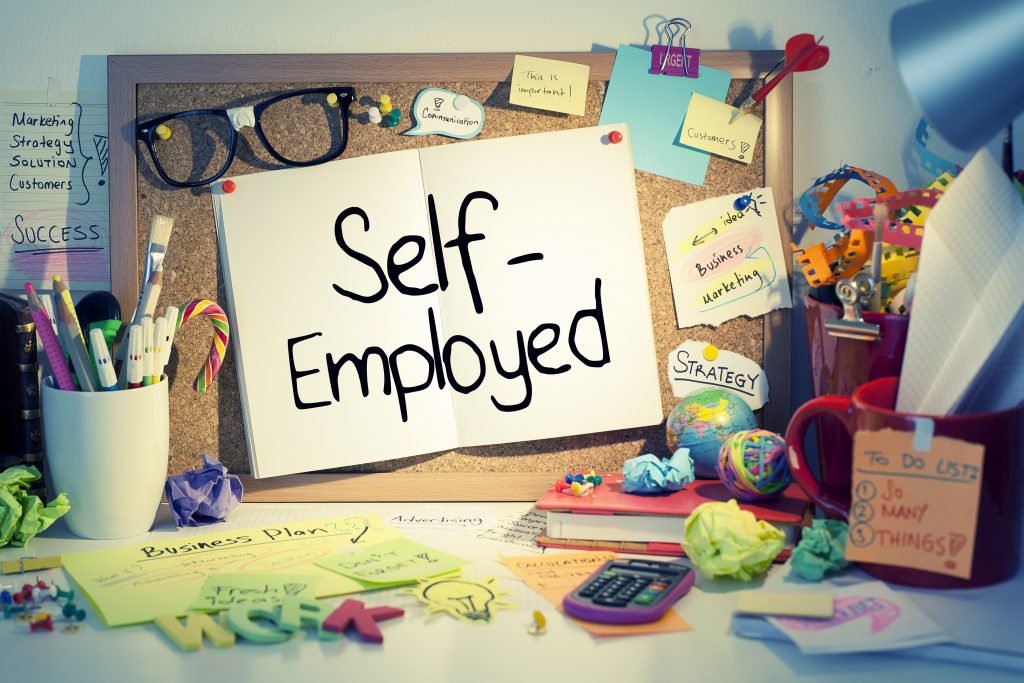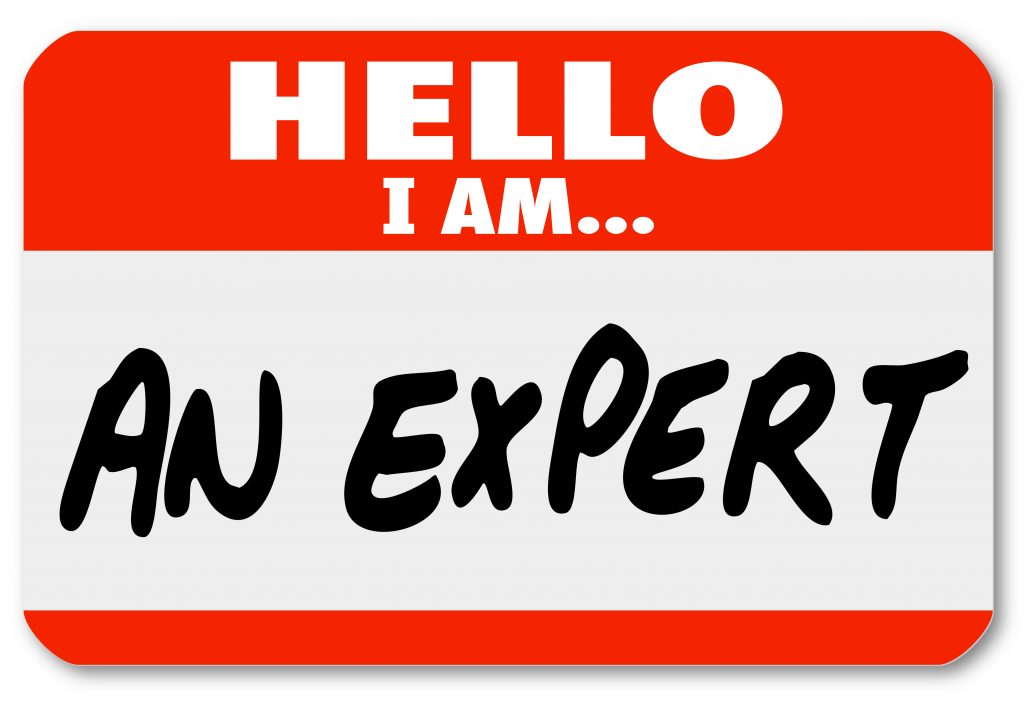How will you pay your bills if you can’t make money next week?
This article is an excerpt from the book Finance for Freelancers, a guide to controlling your cash in the gig economy that has been written by Australian freelancers, for Australian freelancers.
Here’s a fun game:
Check your bank accounts and look at how much money you have. Now daydream for a moment about being hit by a car this weekend. It’s alright, you will survive and your good looks will be intact. But you’re gonna be out of action for around six months.
How will you pay the rent/mortgage? Who will buy your food? How long till the electricity gets cut off? And what about your car loan?
Horrible to think about, yes. But you wouldn’t be the first person to be hit by a car. And even if you get a payout because of it, you’ll need money in the short term.
When you have income protection, should you break a limb or come down with an illness that puts you out of action, you’ll usually be able to claim around 75% of your income (taxed) after a waiting period of four or so weeks (depending on your policy). Monthly payments should keep coming until you are able to work again.
To get income protection, you’ll need to prove how much you earn and probably answer a few questions about your health and any pre-existing conditions. Annoyingly, if you have had a knee injury in the past, you may not be covered by your income protection policy if sh*t gets real with your patella and forces you to stop working.
Your income protection insurance will reflect the earnings you declare to the tax department; another reason to err on the side of honesty when it comes to declaring how much money you are making.
If you have some decent savings in the bank, you can afford to take out a cheaper policy with a longer waiting period. (The insurance company is banking on your getting better before your own cash runs out.)
Again, read the fine print. Your income protection should cover you if you are unable to work in your field. Let’s say you are a writer and you get carpal tunnel syndrome so you can’t type. Theoretically, you could find another, lower-paying job to do part time. But make sure your policy will top you up so you earn closer to what you would have by doing your profession.
With cover like life insurance, TPD insurance and income protection, you’re paying for a safety net. The money you lose pays for the peace of mind that things would still be cool beans financially if the worst happened.
*Please note that this is not personal financial advice!
This article is an excerpt from the book Finance for Freelancers.





